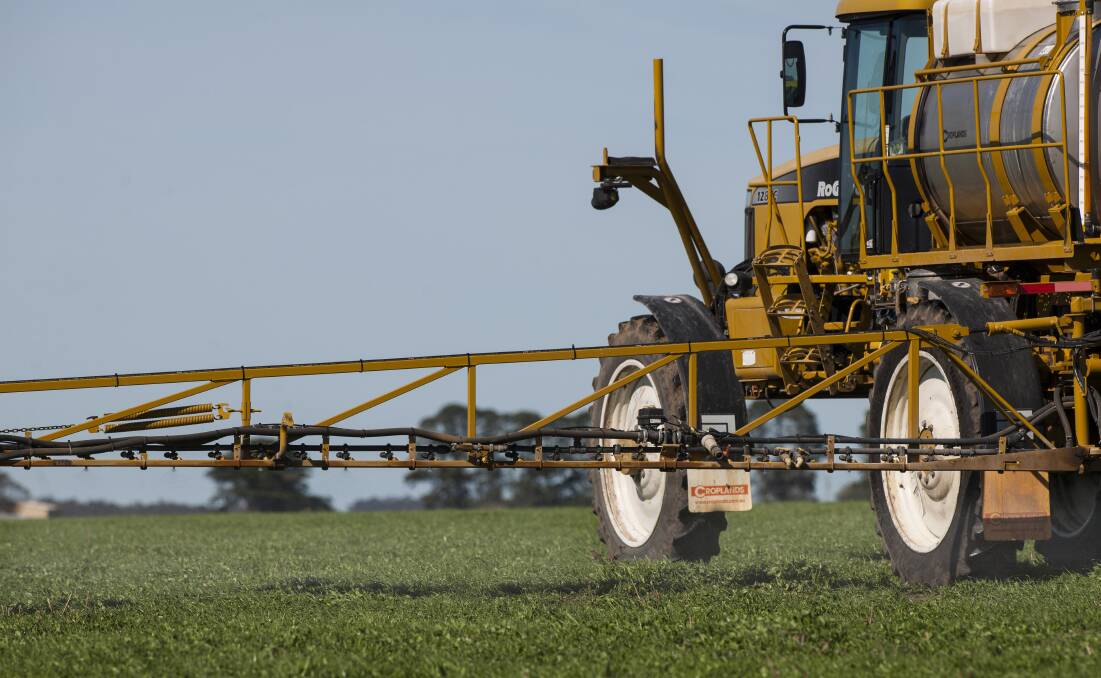
THE WORLD agriculture sector is bracing for Vietnam to implement a full ban on the herbicide glyphosate.
Subscribe now for unlimited access to all our agricultural news
across the nation
or signup to continue reading
Last month Vietnamese government officials announced a ban on glyphosate imports, which is normally seen as a precursor to a full ban.
There has been speculation a full ban could be announced as early as the next week, however there is furious negotiation from international parties unhappy with the potential ban.
Vietnamese agriculture minister Nguyễn Xuân Cường has been a strong supporter of further regulation of chemical use in the south-east Asian nation.
The Vietnamese chemical regulator has declared glyphosate safe for use, but it does not appear to be swaying the government.
Chemical use is a controversial subject in Vietnam with the memories of the damage caused by Agent Orange, a dioxin-based product, in the Vietnam War still painful for many, with a report from 2017 saying over three million Vietnamese people are still affected by Agent Orange / dioxin.
Official Vietnamese news agencies reported the decision to ban glyphosate imports was made following a US court ruling that glyphosate-based Roundup herbicide was responsible for a man's cancer.
The court ruling was the second to decide there was a link between glyphosate and cancer, but the crop protection sector has argued the decisions should not be taken as a de facto ruling on glyphosate safety as the decision making juries do not have a scientific background.
Australia is keenly monitoring the situation in Vietnam, as it could have major repercussions on trade.
Vietnamese use of Australian wheat has soared in recent years to the extent it is now regularly one of the top five buyers of Australian wheat each year.
Rather than operating under a maximum residue limit (MRL) system in terms of the presence of glyphosate, a ban on the product in Vietnam would automatically mean a zero tolerance approach on any traces of glyphosate in grain imports.
This would be in contravention of the trade policies agreed upon in the Trans Pacific Partnership, of which both Australia and Vietnam are both signatories.
Matthew Cossey, chief executive of CropLife Australia, said he was concerned about the potential for the situation to escalate to a full ban.
"This decision could devastate Vietnamese farmers and lead to serious consequences for Australian farmers and the export of Australian agricultural commodities, with Vietnam our second largest wheat export market," Mr Cossey said.
"We are very concerned that Vietnam appears to have not considered its international obligations in regard to trade."
There are concerns the decision may see Vietnamese farmers increasingly turn to the black market for unregulated herbicides smuggled in from China.


